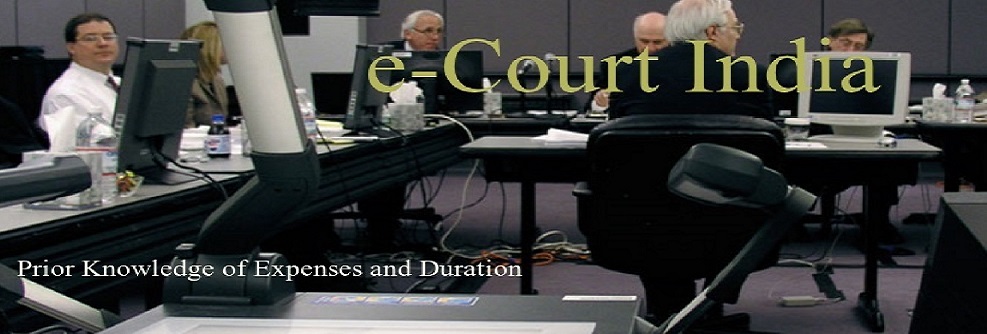Company Overview
e-Court was incorporated during 2012 under the Indian Corporations Act. The company is an independent group of experienced professionals like (former) lawyers, barristers, solicitors or attorneys, judges, university professors, industry and other legal interest groups. e-Court aims to provide competent, affordable, secure, transparent and speedy justice for everyone..
e-Court India is a division of e-Court Legal Services International, the world's largest online arbitration network: United
Kingdom, Netherlands, Denmark, France, Spain, Switzerland, Italy, Sweden, Germany, Belgium, Russia, Canada, United States, South Africa, Australia, New Zealand, India, China, Singapore, Japan, Hong Kong, Indonesia, South Korea, Malaysia, Taiwan


















